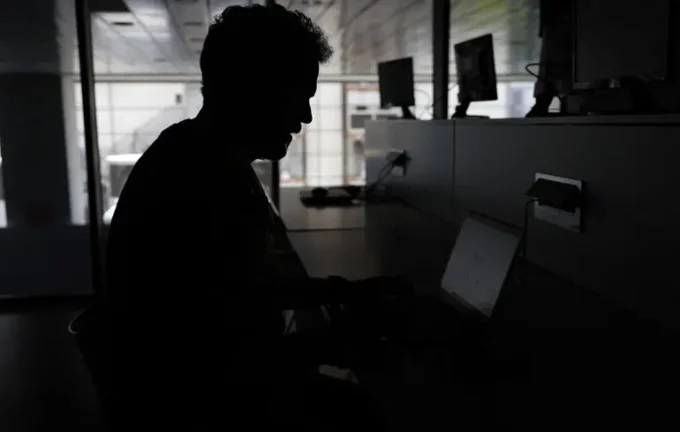Electricity Restored in Czech Republic After Major blackout: Causes and Impact

In a country known for its stability and advanced infrastructure, the recent large-scale blackout caught many residents and experts by surprise. On July 4th, Czechia experienced a significant energy system failure that resulted in a complete power outage across several regions, including the capital Prague, as well as Usti, Liberec, and Hradec Kralove. This incident led to the suspension of public transport, closure of institutions, and the halt of tram and metro services, leaving hundreds of people trapped in elevators or without electricity. According to local media reports, Prague Airport remained operational, mitigating some of the overall crisis. Prime Minister Petr Fiala issued an official statement emphasizing that authorities are actively investigating the causes and working swiftly to restore normal system functioning. Minister of Health Vlastimil Valek noted that hospitals promptly connected to backup power sources, preventing critical situations. However, the blackout was caused by an incident on one of the power lines, leading to the disconnection of eight sub-stations across five of the country’s 14 regions. Authorities stated that the root cause was a technical failure — the severing of a high-voltage cable, not a cyberattack or issues related to renewable energy sources. Electric grid operators mentioned that the exact reason for the cable break remains unknown, although investigating and resolving the issue remains the top priority. It is worth recalling that in late April 2023, neighboring countries such as Spain, Portugal, France, and Andorra experienced similar large-scale power outages caused by extreme weather conditions and temperature fluctuations. This pattern indicates increasing instability in Europe's energy systems and highlights the urgent need to enhance backup resources and crisis prevention measures.

